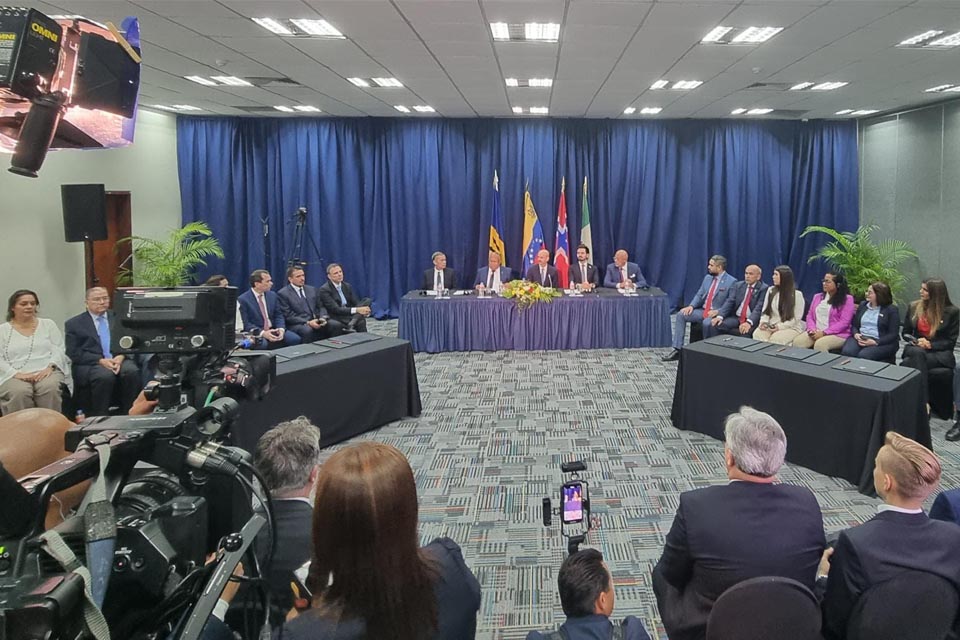The Argentine Government, led by President Javier Milei, has regulated the first part of the Law Baseslegislation that seeks to profoundly reform the State. This regulation, published in the Official Gazette through Decree 695/2024, covers crucial aspects such as privatizations, public employment and administrative procedures.
One of the highlights of this regulation is the Law Bases is the focus on privatizations. The decree establishes a framework for the total or partial privatization of several state-owned companies. Among the entities mentioned are Energía Argentina, Intercargo, AySA, Belgrano Cargas, Sociedad Operadora Ferroviaria (SOFSE), Corredores Viales and Nucleoeléctrica Argentina Sociedad Anónima (NASA).
The Coal, Railway, Port and Energy Complex, managed by Yacimientos Carboníferos Río Turbio (YCRT), also appears. The objective of these privatizations is to reduce the size of the State and improve efficiency in the management of public resources.
According to the government, these measures will allow for greater private sector participation in strategic areas, which will translate into better quality of services and a reduction in the fiscal deficit. Another central aspect of the regulation is the reform of public employment.

The decree introduces significant changes to the employment stability regime for public employees. According to Article 52 of Chapter IV, staff affected by restructuring measures involving the elimination of bodies or functions, or the reduction of the optimal staffing required, will be on call for a maximum period of up to twelve months..
This measure seeks to make public employment more flexible and reduce the oversizing of the state structure. The government argues that these reforms are necessary to achieve a more agile, efficient and common-good oriented public management.

Regulation
The regulation of the Law Bases It also addresses administrative procedures, with the aim of de-bureaucratising the State. One of the main novelties is the implementation of “silence with a positive meaning”. This means that, in certain administrative procedures, if the administration does not respond within a certain period, the application will be considered to have been approved.
Article 2 of the decree establishes that the Office of the Chief of Ministers must approve a schedule for the implementation of this measure within fifteen days after the decree comes into force. This measure will apply to administrative procedures that begin after the dates specified in the schedule.


















